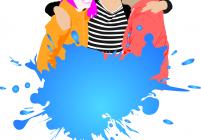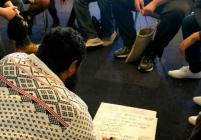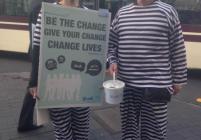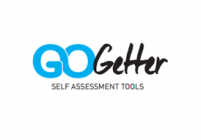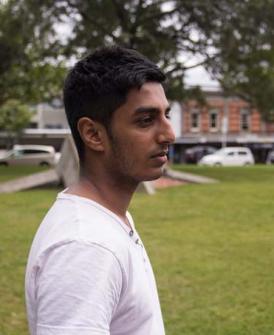
Emotional abuse
-
Relationships >

Relationships
Friends, family, boyfriends, girlfriends...
-
Sex >

Sex
Being ready, consent, safety and more
-
Abuse and violence >
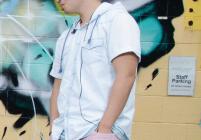
Abuse and violence
Physical, sexual, emotional and support
-
Bullying >

Bullying
Peer pressure, getting help & helping others
-
Your body >

Your body
Feeling good, exercise and your health
-
Your mind >

Your mind
Feelings, thoughts, getting help and supporting friends
-
Drugs and Alcohol >

Drugs and Alcohol
Staying safe, partying, tips
-
Beyond school >

Beyond school
Study, jobs, money, help & travel!
-
Our society >

Our society
The world around us
- GoGetter >
-
Learning >
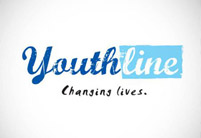
Learning
Can't find what you are looking for?
Need Support or want to talk?
Contact us, by clicking here, we are here to help!
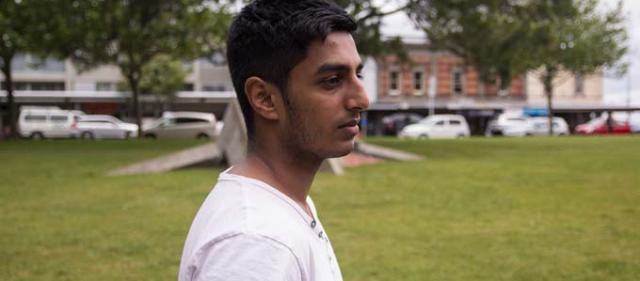
Emotional abuse
What is emotional abuse?
Emotional abuse leaves marks and scars on the inside rather than on the outside. Emotional abuse is manipulative. The abuser can be controlling and make you or someone else feel worthless, powerless and trapped.
Emotional abuse includes:
- Put downs, shaming and name calling. Giving you put-downs like you’re stupid, useless, fat, or ugly, embarrassing you, telling you to harden up when you get upset, make fun of the way you look, act, believe, and laugh at your plans and goals.
- Threats. They do mean things, hurt you, leave you or hurt themselves or others if you don’t do what they want.
- Control. Extreme control over where you go, what you look like, who you hang out with or talk to, what you say, how much money you have and how you use it.
- Isolation. Being jealous and not allowing you to see certain people or do certain things, including leaving the car with no petrol in the tank so it can’t be used.
- Mind games. Give you the silent treatment, sulk or stop giving you love if you do something they don’t like or you don’t do what they want, keep you hanging, blame you for things you never did, sometimes be really nice and then be really mean, make you feel like you’re crazy or jealous.
- Intimidation. Using looks, actions, expressions or a loud voice to intimidate or make you or others feel afraid.
Impact of emotional abuse:
- Fear
- Depression
- No confidence
- Feeling worthless
- Nervous, jumpy and wound up
- Anger
- Feeling bad about yourself/self-hatred
- Sadness
- Shame and embarrassment
- Guilt
- Self-harm
- Suicidal thoughts
- Drug/Alcohol abuse
- Eating disorders
- Problems with relationships
Facts about emotional abuse
- Emotional abuse is NEVER okay and is NEVER ‘deserved’ – there is no excuse for violence.
- Emotional abuse can happen anywhere (in any suburb and any part of the country) and to anybody – no matter what their job is, how they look or who they are.
- Abusers can be both men and women and can be any age.
- It’s often not recognised by others because it can be subtle and hidden.
- It can be really hard for someone to leave a relationship that’s abusive. For more info, click here
Where can I get help?
The first step is to tell someone you trust about what is going on. Talk to trusted friends so that they can support you to tell an adult that can help.
Adults that could help include:
- Your whanau: This could be a parent, an aunty, grandparent or someone else in your whanau
- Friends and their parents
- Your school: a teacher, counsellor, nurse or coach at your school
- Your youth group leader
- Your doctor
- Youthline: Call 0800 37 66 33 or free TXT 234
- A youth worker
- A social worker
- If you are a female and this abuse is happening in your relationship, you can contact Women’s Refuge on 0800 733 843 for advice, support and information or SHINE on 0508 744 633
What can I do if I’m being emotionally abusive?
Acknowledging that there is a problem is the first step to things improving. The next step is to access help.
You can find out what services can help you by ringing the Family Violence Information Line. When you ring, the trained operator will connect you with a service in your area. This might be a counselling service or an agency that can help.
So if you feel ready to take the next step, call 0800 456 450, or visit the website www.areyouok.org.nz
You can also call Youthline on 0800 37 66 33 or free TXT 234
Need to talk to someone?
Kia ora - tamariki ma
Contact us, we are here to help!



